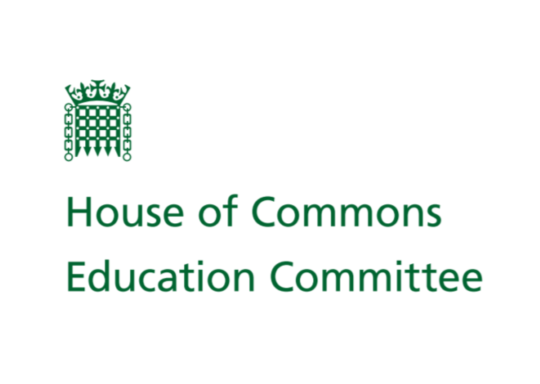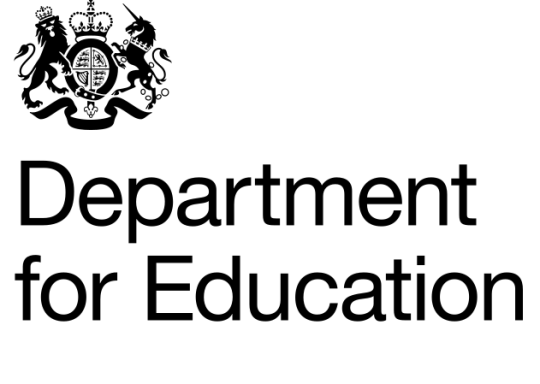Prime Minister proposes Maths until 18
Prime Minister Rishi Sunak set out plans in his New Year speech to make maths a compulsory subject for all students until the age of 18. No plans have been revealed on how this would work for those not studying A-Levels, and there has been no acknowledgement of the barriers posed by inaccessible assessments.
Sunak's justification for the proposed policy is that he wants people to "feel confident" with managing their finances. He said: "In a world where data is everywhere and statistics underpin every job, letting our children out into that world without those skills is letting our children down."
Shadow Ministers and campaigners have publicly challenged this proposal due to the level of funding and increase in staff that would be needed. Shadow Education Secretary asked the Prime Minister to "show his working" on how the policy would be funded.
Funding aside, there has been silence in this conversation regarding the impact it would have on Disabled students.
As outlined in our response to the SEND Review, inaccessible GCSE and A-Level assessments are one of the key barriers that Disabled young people face when trying to access their education. With less than 4% of SEND students having access to an Education Health and Care Plan (EHCP), the majority of students go without the support and reasonable adjustments that they need to make exams accessible. For Maths exams, in particular, being assessed on your ability to memorise formulas is an additional barrier that many students face.
Bethany Bale, DR UK Policy and Campaigns Officer, said "In 2022, 25% of year 11 students failed GCSE mathematics. Sunak's plans don't include any proposals on how to support these children. Our exams system is outdated and inaccessible, and any proposals to change national qualifications must start with tackling the inaccessible barriers to assessments."






